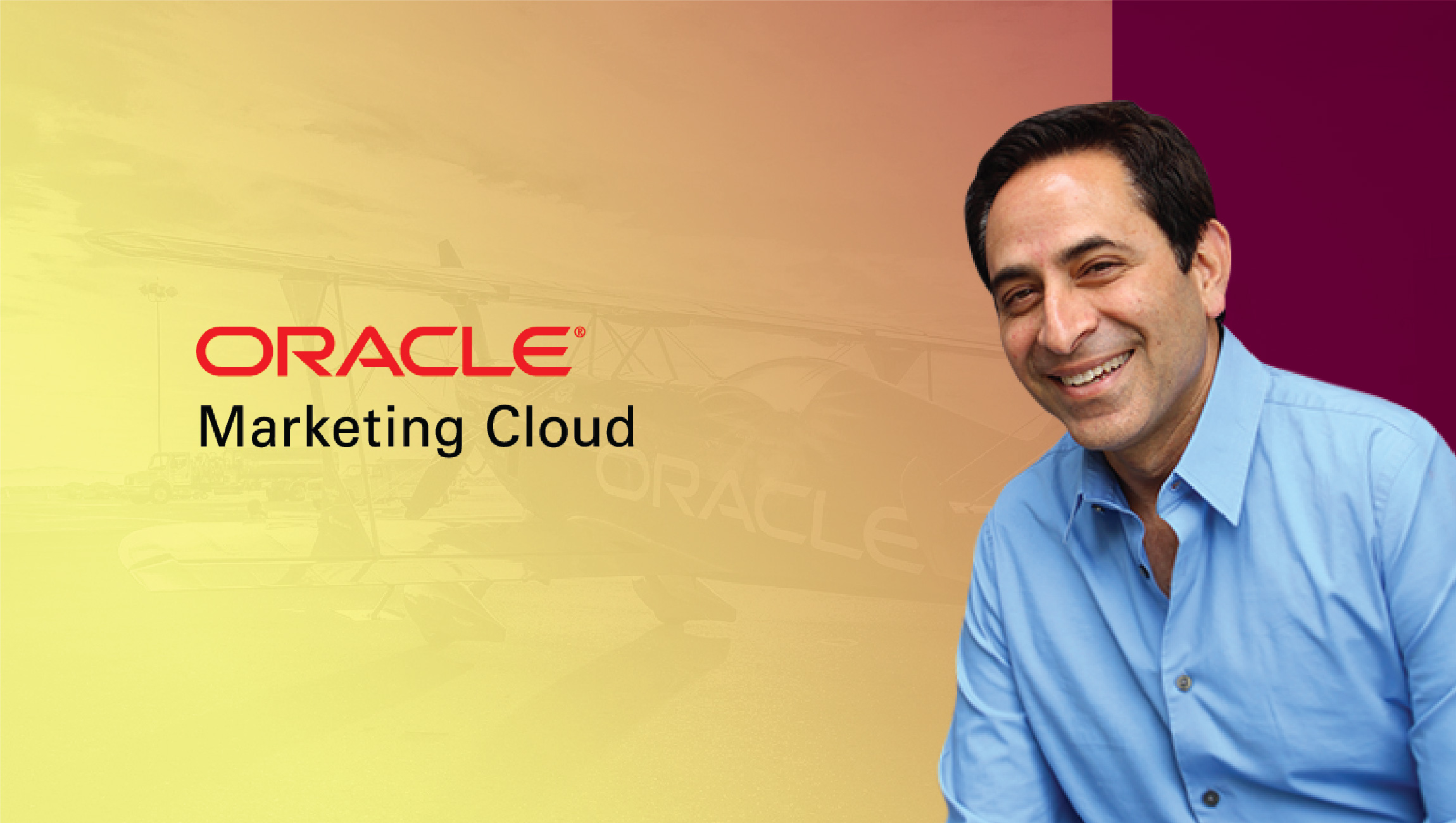
Teaching Computers to Think
What exactly do we mean when talking about AI? Artificial Intelligence is concerned with enabling machines to solve problems intelligently, like a person. This is achieved through machine learning, whereby computers are ‘taught’ rather than programmed manually with code. After the computer system is shown multiple examples, it starts to recognize patterns and learns from them, mimicking human intelligence. It’s this ability to mimic and replicate human analysis that has made AI-powered solutions a dispruter in several industries including finance, retail, and digital marketing.
For marketing professionals, especially, AI represents a powerful new tool for businesses to increase efficiency, cut costs, and delight customers with more convenient and personalized services. Here are a few key things every marketer should be aware of.
Also Read: How Marketers Can Use Customer Behavior to Drive Revenue
High-Quality Data Is Crucial
Everyone is familiar with the mantra “you get out what you put in” and this is definitely the case with AI-driven marketing. Machine learning requires a lot of data, so the quantity of that data is important. But if the data being processed is noisy (meaning it has lots of superfluous information), this will impair the system’s ability to decipher meaningful patterns and conclusions that help marketers make decisions.
You wouldn’t throw in random Arabic vocabulary when teaching a child English, and likewise, machine learning will yield better results over time if the data it’s ‘studying’ is relevant and accurate.
Marketers tend to have more data than they can use effectively, with a recent survey by Conductor finding that 56% of marketing professionals say their data stacks are overwhelming. AI offers a big opportunity for marketers to get maximum value from their rich data sources – without the heavy lifting.
Also Read: Artificial Intelligence: The Next Frontier Of Programmatic Buying
AI Is the Key to Personalization
Constant innovation in e-commerce and mobile shopping has redefined consumer expectations of what a good purchasing experience or brand interaction looks like. As well as expecting speed and convenience, more consumers have grown accustomed to enjoying highly personalized services tailored just for them. Think Amazon’s recommendations, or Spotify’s song suggestions.
Machine learning enables AI systems to tap into customer preferences, allowing these platforms to make smart suggestions and targeted offers to customers. Yet only a third of marketers were leveraging AI to deliver personalized web experiences like this in 2017, according to the Real-Time Personalization Survey by Evergage.
Among them, 63% of respondents had seen increased conversion rates and 61% noted improved customer experiences with AI-powered personalization. An earlier study by Demand Metric in 2016 echoes this point, finding that 80% of survey respondents saying custom content makes them feel more positive about a company than generic content.
Also Read: How AI is Driving a New Era of TV Advertising
AI Can Automate Routine Marketing Tasks
Part of the benefit of AI for marketers is that it can automate a large part of personalization. AI tools like ZetaHub help marketers understand each customer at an individual level and enable them to act on that understanding, automatically and in real-time. And using AI means visitors to your blog will see the most relevant content, notifications, and offers based on their location, demographics, and browsing history.
AI also makes it possible to send personally relevant emails to individual customers. By analyzing a customer’s past behavior and topics of interest to recommend specific content most relevant to that person, AI-assisted emails become genuinely engaging for subscribers. But no one wants to feel like they’re interacting with a robot. Regardless of how intelligently they were produced, all marketing messages and content experiences should still appear and feel natural to users to really drive engagement.
AI Helps Marketers Achieve Scale
Thanks to AI applications, marketers can truly scale their efforts and engage a global audience. A highly efficient form of AI known as Natural Language Generation (NLG) allows marketers to create locally-relevant content across geographies. NLG tools like Quill from Narrative Science can take local data and turn it into stories that are relevant for the intended audience. Amazon Polly, on the other hand, uses advanced deep learning technologies that allow you to convert text into human-like voices, in various languages, tailored for your brand’s personality.
Marketers can also leverage digital advertising platforms like Google search and YouTube, which reach billions of people daily, to share messages with target customers at incredible scale. Combining this scale with the personalization capabilities of AI allows marketers to create tailored campaigns for millions of individuals in real-time.
Also Read: How Integrating Artificial Intelligence in B2B Marketing Can Scale Your Business
How to Adjust to an AI Driven World
Whether it scares or excites you, AI is here to stay. It’s already being deployed in many ways to transform consumer experiences, changing behavior and expectations as a result.
Getting to grips with how to apply AI to your business may seem overwhelming at first, but the rewards are well worth the effort. The reality is that AI enables marketers to personalize engagement with people at scale never seen before, and automate many of the processes involved.
AI can save months of time and effort trying to optimize customer website experiences to drive sales conversion. AI-powered solutions like Sentient Ascend let you test all of your user journey ideas at once to create the best customer experience. It also continues optimizing web page elements automatically based on user behavior, making businesses more efficient while boosting customer satisfaction.
As applications of AI become more widespread, having an understanding of the role it plays in marketing will be critical. Put simply, businesses that don’t employ the powers of AI will become massively disadvantaged.
Also Read: Will AI Really Be The Death Of Human Intelligence?












Comments are closed.